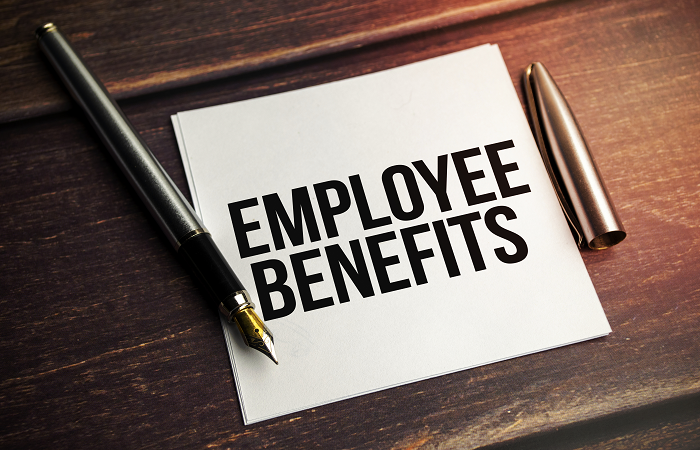 Two in five (40%) UK employees admitted they would choose a job with a lower salary but generous employee benefits, according to research from MetLife UK.
Two in five (40%) UK employees admitted they would choose a job with a lower salary but generous employee benefits, according to research from MetLife UK.
When looking at financial benefits of a potential new job, the protection and employee benefits provider found that 37% of respondents said financial bonuses are important to them, while 35% would like generous pension contributions. Income protection was a top priority for 33% and private healthcare and dental care were ranked as important by 26%.
Nearly half (47%) stated hybrid and flexible working was important, 42% said they would look at annual leave allowances, and 34% would like to see mental health support and wellness packages when considering a new job.
In addition, 52% have had to take time off work due to sickness or injury, 38% received paid time off during absences, and 17% had to take the time unpaid. More than one in 10 (12%) had to use their own annual leave to avoid any financial burden and 9% had to alter their working hours to accommodate absences.
As many as 60% have taken up to one week off work for sickness and 17% have taken more than a week. More than one-third (36%) have taken up to one week off for an injury and 11% have needed to take longer.
Adrian Matthews, head of employee benefits at MetLife UK, said: “Benefits are becoming increasingly more important to employees, and rightly so. Competitive salaries are important, but businesses need to realise that it’s not the only thing candidates think about when assessing job opportunities. Employers need to look beyond pay cheques and assess options for wider support and protection to attract and retain the best people.”
Rich Horner, head of individual protection at MetLife UK, added: “The last thing anyone wants, or to think about, is having an accident or feeling unwell. When trying to manage life, including caring for loved ones, juggling work, how an employer or team will manage if you’re not there and all the financial commitments alongside, it can make an already tough situation much more stressful. Having to worry about the financial impact of not being paid only adds to the stress and worry, and in some cases can prolong recovery further.”